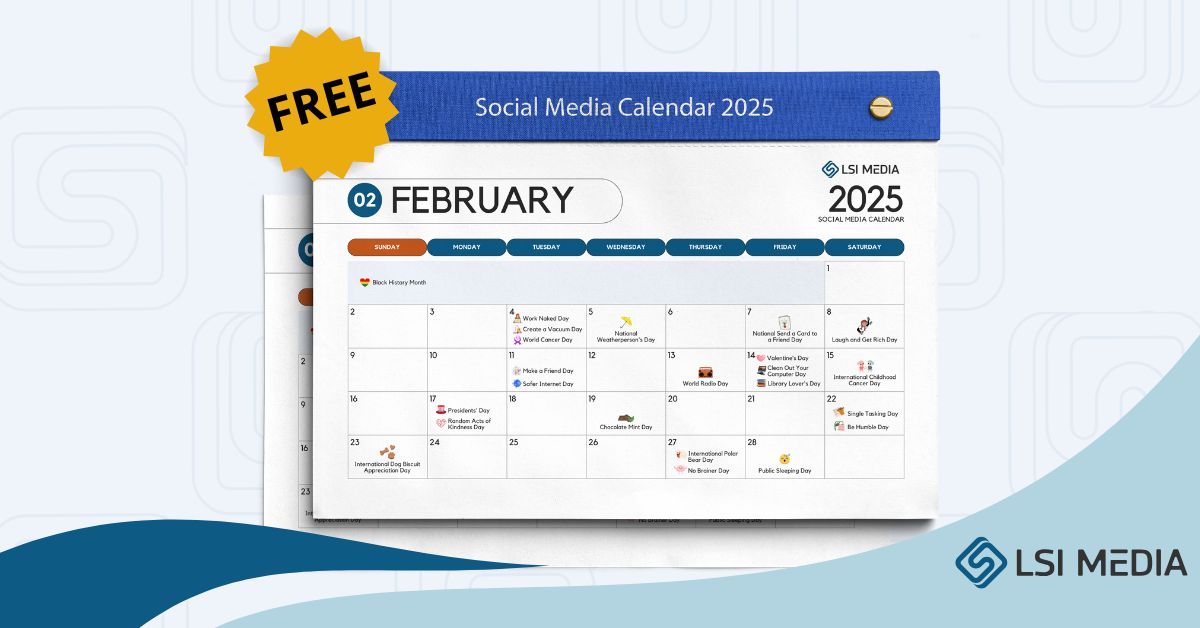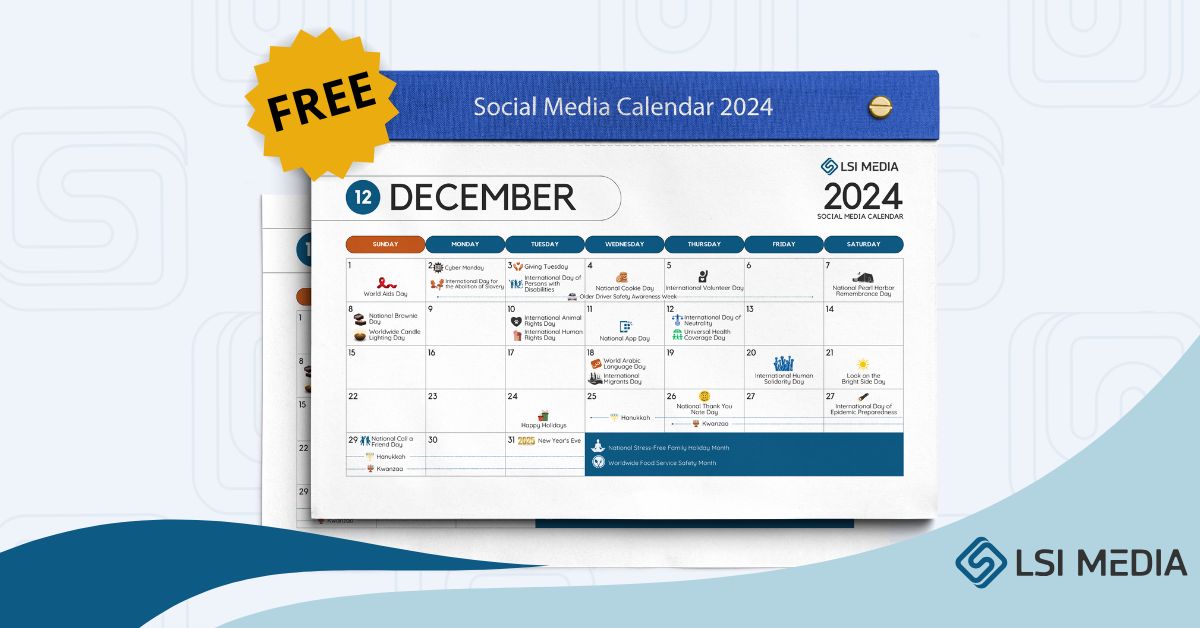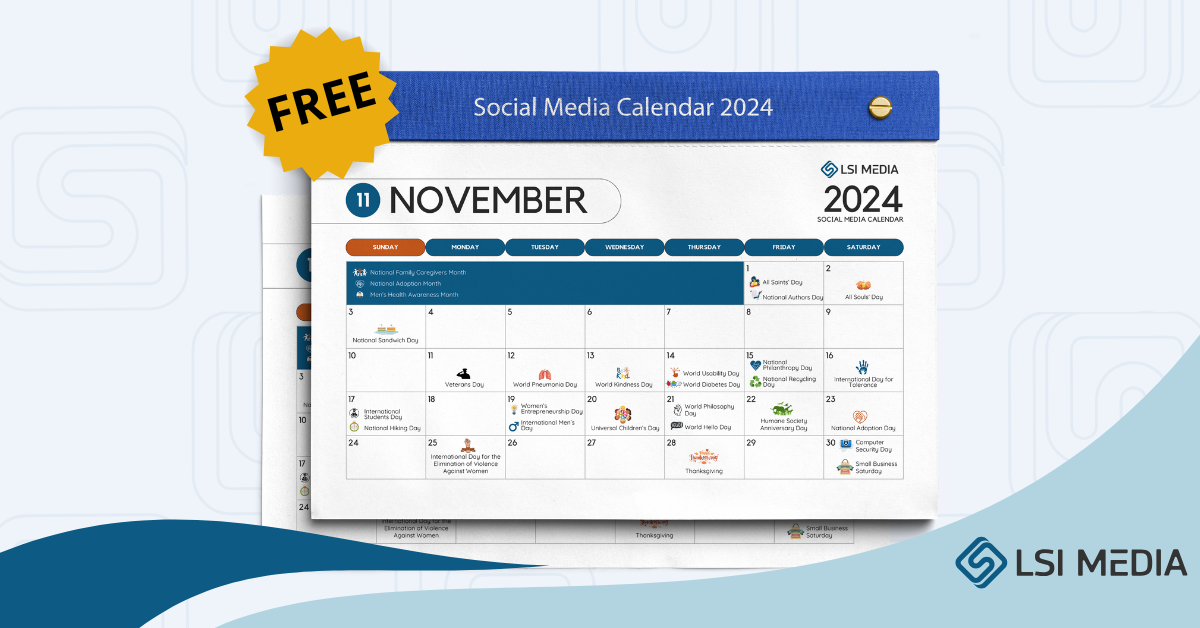Traditional marketing might be difficult for small businesses to afford. Commercial airtime on television and radio is pricey, and paper ads aren’t going away, even if they’re being superimposed online. Traditional advertising methods, such as leaflets, little posters, or small tarps fastened to everything that may legally be put on, are often all those small enterprises can manage.
Thank the scientific minds for the internet, and social media, because this is the only way – in fact, the only cost-effective way – to maximize marketing while covering as much territory and niche markets as possible.
However, small business owners must remember that social media and business marketing are full-time jobs. So, when budgetary limits mean that you can’t hire a full-time social media marketing specialist or you can’t hire a social media marketing agency, you can still do it yourself and find success in doing it. All you need to remember are these simple elements and steps.
Social Media and Business Go Hand-in-Hand
Please find out your business goals and objectives and stick to them
Establish your brand or service goals and objectives and stick to them when you do social media marketing. These are your marketing guidelines, so frequently changing them will only damage your social media marketing efforts.
Specifically, pinpoint your target or niche market.
You need to know what type of audience you are targeting with your product or service. Once you know who they are, research what types of social media platforms they spend more time on.
Choose the social media platform that suits your business and audience.
Social media and business don’t mean using all social media platforms. Only a few social networking sites are used by even the most well-known brands and businesses. You can get by with just two at first, and then make a third one if you really need it. Create an in-depth profile for each company and update it virtually daily with relevant content. Never forget to consider your intended audience and the social networks they frequent. If you want your products to stand out, you should use Pinterest and Instagram. Twitter helps freelancers like photographers, writers, and designers establish their expertise in their fields. All businesses can benefit from using LinkedIn, as it is a professional profile platform, but B2B enterprises will get the most out of it. Since 93% of all target markets utilize Facebook, it’s obvious that this is the site to employ.
Create unique content
Have a plan to create unique content to post on your social media. Don’t just post articles; try variations of content such as original and curated (re-shared articles from other articles) content, videos, photos, news, product updates, Infogrames, and the like. Remember that when posting content, always try to include images because they capture readers’ attention more than just the titles.
Social Media and Business Means Engaging
To gain authority and attention to your brand, you need to engage with the target market that you’re trying to attract. Also, you need to engage with your customers even after they purchase. Please don’t wait a few days before replying to or commenting on their posts or tweets.
FAQs:
1. Why is social media marketing important for small businesses?
Social media marketing is crucial for small businesses as it allows for effective online promotion and engagement with the target audience. It enables small businesses to increase brand awareness, reach potential customers, drive website traffic, and ultimately boost sales and business growth.
2. Which social media platforms should small businesses focus on?
Small businesses should focus on social media platforms where their target audience is most active. This might include popular platforms such as Facebook, Instagram, Twitter, LinkedIn, or even platforms specific to their industry. It’s important to conduct research and understand where the target audience spends their time to maximize the effectiveness of social media marketing efforts.
3. How do I create engaging content for social media?
To create engaging content for social media, small businesses should consider the following tips:
– Understand their target audience and tailor content to their interests and needs.
– Use high-quality visuals like images and videos that capture attention.
– Incorporate storytelling and personalization to connect with the audience emotionally.
– Encourage interaction through captions, questions, and contests.
– Stay consistent with posting schedules and maintain a diverse content mix to keep followers engaged.
4. How can I use social media to increase website traffic?
Small businesses can leverage social media to increase website traffic by:
– Sharing blog posts, articles, and other valuable content that includes a link to their website.
– Promoting discounts, special offers, or exclusive content available only on their website.
– Engaging with followers and encouraging them to visit the website for more information or to make a purchase.
– Utilizing call-to-action (CTA) buttons on their social media profiles that direct users to their website.
– Collaborating with influencers or industry partners who can drive traffic through backlinks or endorsements.
5. How often should I post on social media for my small business?
The frequency of social media posting for small businesses depends on the industry, target audience, and specific platform. It’s generally recommended to post consistently but not overwhelm the audience with excessive content. Posting a few times per week on each platform is a good starting point, and then analyzing the engagement and response from the audience can help determine the optimal posting frequency.
Video Source | YouTube Video

